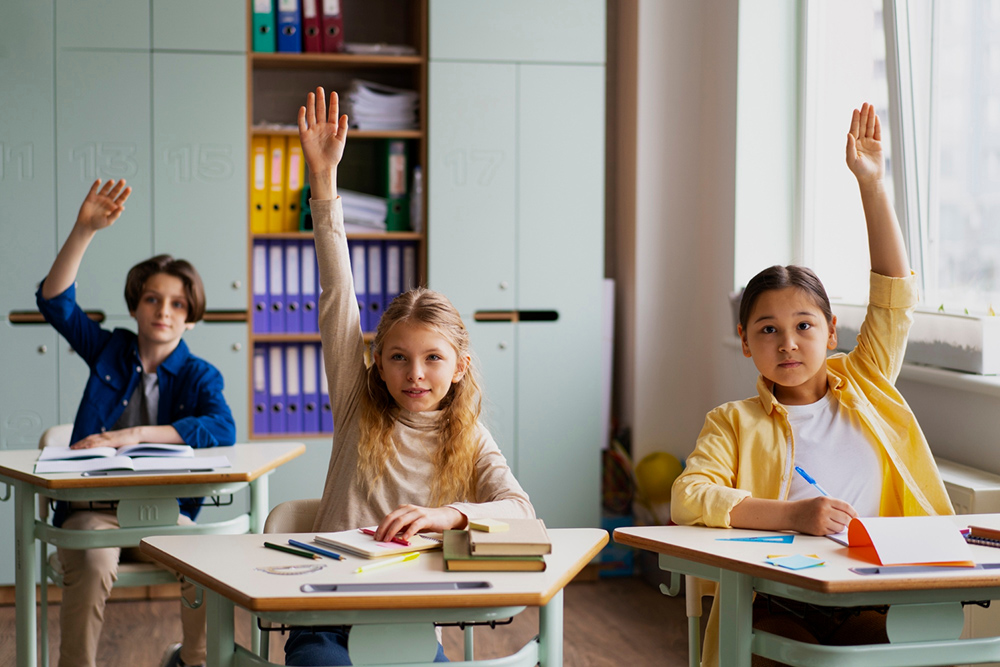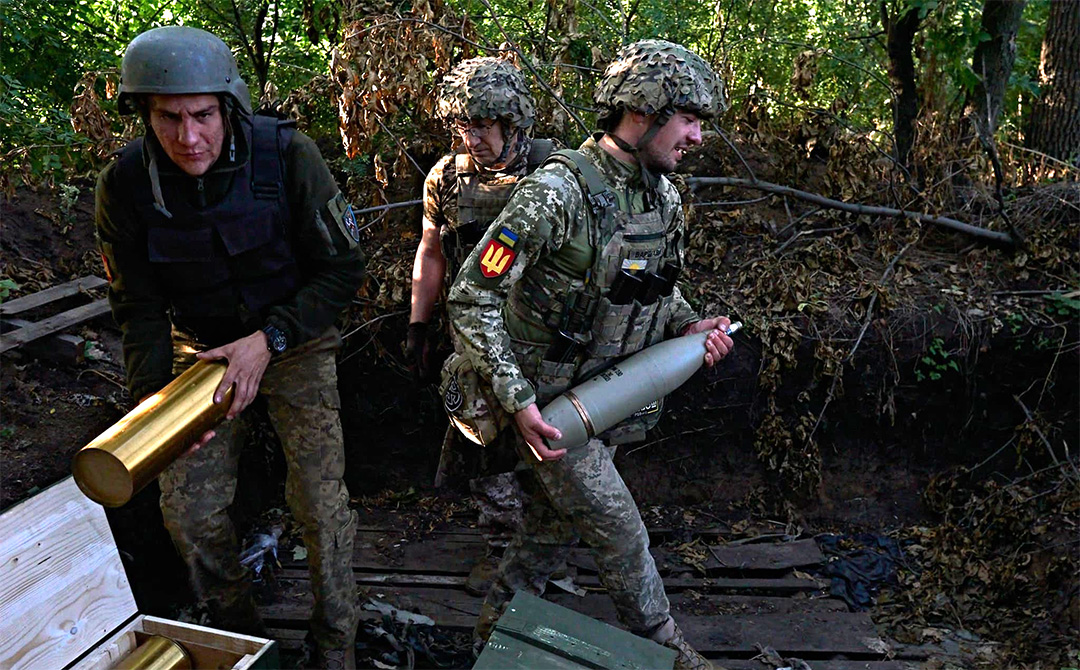In the Polish city of Suwalki, located in the northeast of the country, a new Lithuanian primary school has opened its doors. The school will cater to children belonging to a significant Lithuanian community residing in the city, as reported by LRT.
The initiative to create the new school began last year, with the Lithuanian Consulate in Sejny securing a suitable facility. The Ministry of Education, Science, and Sport of the Baltic country allocated 525,000 euros for the acquisition of the building and an additional 1 million euros this year for its renovation and adaptation into a school.
It is noted that the Lithuanian kindergarten in Suwalki, currently attended by around 40 preschoolers, has been operational since 2020. However, until now, there was no school in the city where Lithuanian children could receive primary education in their native language.
Presently, there are four formally recognized Lithuanian schools in Poland and three informal Lithuanian educational institutions. Approximately 600 children are enrolled in these institutions. The maintenance of these schools is partially funded by the Ministry of Education, Science, and Sport, which allocates funds for the purchase of educational materials, textbooks, teacher salaries, and more. Additionally, in the academic year 2023-2024, six teachers working in Poland will receive a supplement for providing Lithuanian education.
In a related development, France is integrating artificial intelligence into school education. Specifically, the artificial intelligence system MIA will be incorporated into the curriculum of French schools, available as a mobile application for students in the second grade of high school starting September 2024. Local officials note that students will now use the AI tool at home to correct and improve their knowledge of the French language and mathematics.
Initially, students will be offered a test consisting of questions in French and mathematics to determine their current level of knowledge. They will also be able to provide results from tests on relevant subjects taken directly in school. After this stage, the application will offer thousands of exercises in both subjects. Thanks to a special algorithm, the AI will inform students of their progress in a voice mode.
Source: The Gaze







